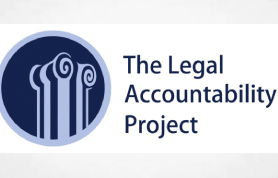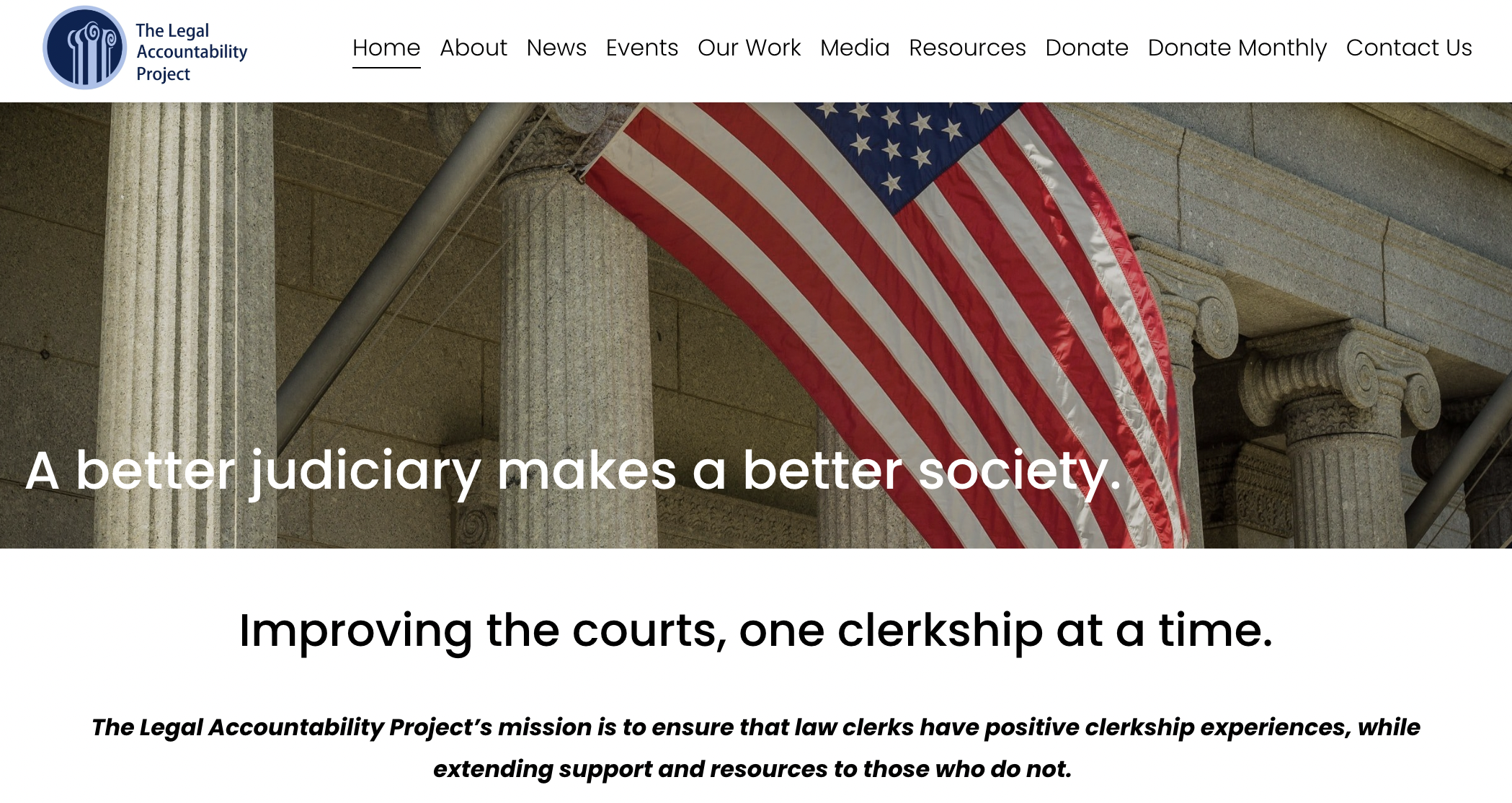ATL report the following
Yale Law School — no stranger to clerkship controversies — has stooped to new lows in its quest to funnel as many students as possible into judicial clerkships, with little regard for the quality of the work environment. YLS barred the use of student organization funds to subscribe to The Legal Accountability Project’s (LAP) Centralized Clerkships Database (“Glassdoor for Judges”) in a feeble attempt to restrict students’ access to candid outside information about clerkships.
LAP, a nonpartisan, independent counterweight to law schools’ near uniformly positive and misleading clerkship messaging and advising, runs an award-winning national clerkships database, a repository of nearly 1,500 candid post-clerkship surveys submitted by former judicial law clerks nationwide about more than 1,000 federal and state judges. This is the largest independent repository of clerkship information in the U.S., and it’s more than twice the size of the YLS internal database. But more important than its size is the breadth and candor of information LAP provides. It’s the only source of candid, unbiased information — about both abusive judges and poor managers to avoid, and judges who excel as managers.
While LAP initially hoped law schools would pay a nominal $5 per student per year in subscription fees to give all students access to this valuable resource, many schools are skeptical — and even hostile. Entrenched school administrators are risk-averse: they benefit from captive audiences — law students (mis)led to believe they depend on their schools for advice. And, because schools go to great lengths to keep clerkship resources secret, students may not know that other schools do things differently, or that LAP provides a significantly better resource than any law school.
Accordingly, LAP took our Centralized Clerkships Database directly to our customers — law students, who pay $40 per year to access more information than their schools could ever provide, since anyone who clerked, anywhere, can submit a survey to LAP’s database. To ensure accessibility, LAP offers a steep discount to law journals and student organizations subscribing in bulk: $5 per user, the same rate their schools would pay.
This year, in addition to four top law reviews, Yale Law Women (“YLW+”) agreed to subscribe on behalf of its 2L members. According to its website, YLW+ “works to advance the status of women and typically underrepresented gender identities at Yale Law School and in the legal profession at large. To realize this mission and advocate on behalf of our membership, [YLW+] create[s] programming, resources, and mentorship opportunities to bolster women’s and underrepresented gender identities’ pursuit of their professional and personal goals.” Since LAP’s database empowers diverse students to access clerkship opportunities, as well as avoid abusive judges and gender-based discrimination and harassment, LAP’s and YLW+’s interests align.
So, LAP was disheartened to learn in November that the YLS administration prohibited YLW+ from using YLW+’s own funds to subscribe to LAP’s database on behalf of its members.
In fact, the money YLS restricted is not its school-administered student organization budget: rather, it’s privately raised money from law firms. Do these firms know about the unjust restrictions placed on their funds? This funding restriction is neither transparently delineated in YLS’s login-access-only Student Handbook, nor in any of its many robust public policies on its website.
Yet there is no similar restriction, for example, on gender equity organizations subscribing to magazines or newsletters on behalf of, or purchasing reading materials for, members about gender law. And what is LAP’s database, if not important online reading material — and an investment in students’ well-being and on-the-job success?
Why would YLS bar the use of student funds to subscribe to LAP’s database? You should ask yourself why anyone would be opposed to students having more information about judicial clerkships, considering their outsized significance in the legal profession and the risks inherent in these unregulated, hierarchical work environments.
Here are the pretextual reasons YLS gave in an email to student leaders alerting them of this prohibition:
-
LAP’s database allegedly “creates a reporting channel separate from Title IX.”
-
Privacy and security concerns.
-
Several of YLS’s peer schools allegedly agree with them.
Frankly, schools like Yale — professing a commitment to “free expression,” freedom of thought, and robust debate — should not be in the business of restricting what student organizations can spend their funds on, based on whether or not the administration agrees with the organization’s activities and speech. This is analogous to telling the Law School Republicans or Law School Democrats that they cannot use their funds to attend the Republican National Convention or Democratic National Convention, respectively; that a liberal or conservative organization cannot use their funds to host a speaker the administration finds objectionable (which YLS is loath to do); or like telling YLW+ they cannot use their funds to attend the Women’s March on Washington. This restriction on YLW+’s freedom of expression is no different, and arguably has even greater impact on members’ well-being. YLS’s actions should be met with at least equal disdain.





